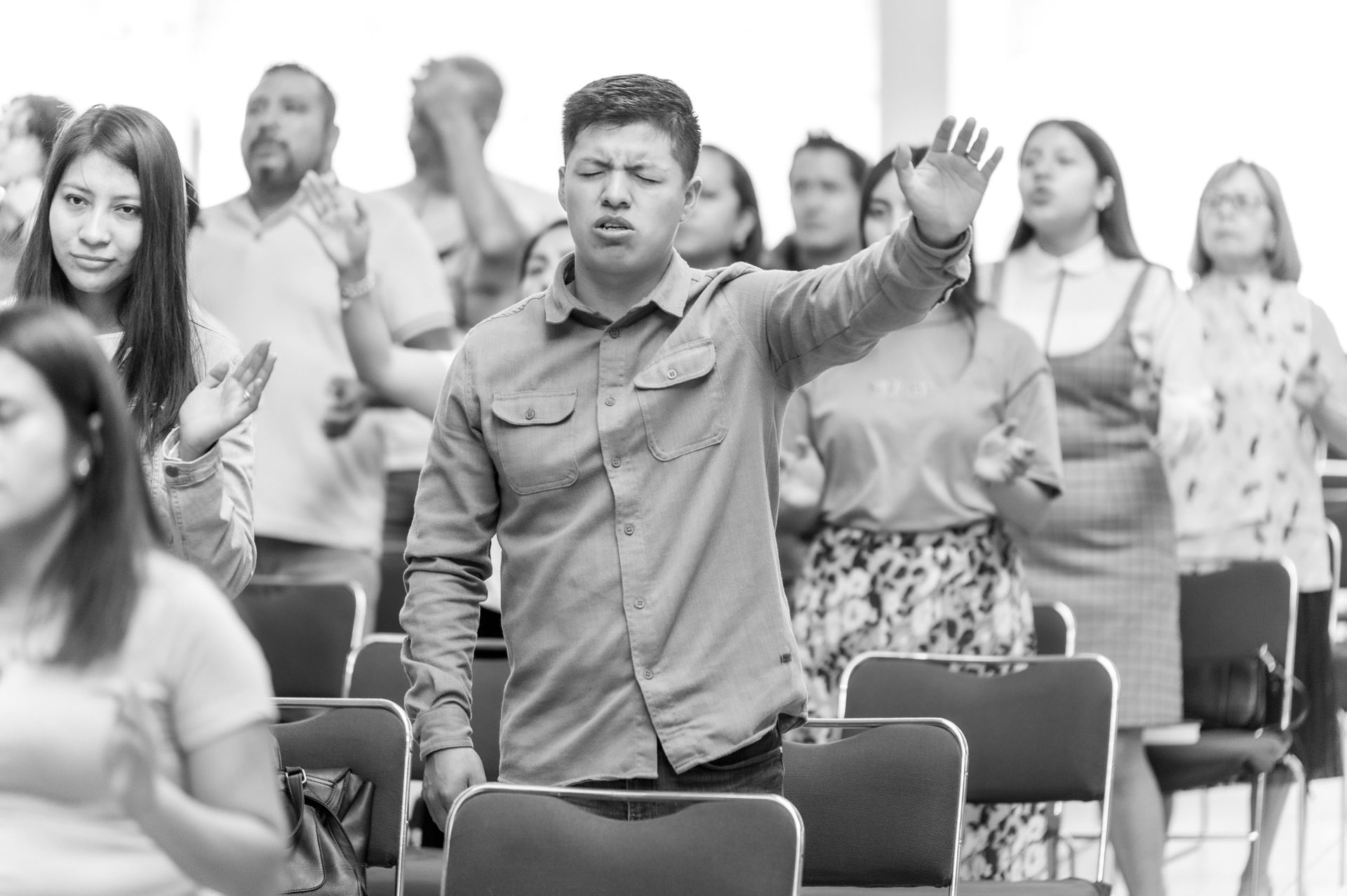Beyond the Paradigm: Leading Generational Change
Ministry today is more challenging than ever, but we are not starting from scratch. We are building on the legacy of those who were faithful before us. However, in the midst of a changing world, it is worth asking ourselves: is the greatest obstacle to the future growth of our churches not a loss of mission, but the paradigms we unwittingly cling to?
Many of our ministry structures, designed with good intentions in another era, may be hindering the development of the next generation of bilingual and bicultural leaders God is raising up today. We honor the past, but we must also look to the future.
Are we willing to consider a paradigm shift that honors our roots while boldly embracing the diversity of our present and future communities?
Our well-thought-out and well-written bylaws, vision, values, and mission statements are clear; but our paradigms often resonate more. Despite the documents that guide us, pastors and ministers often operate from an unwritten paradigm passed down by previous generations, which reflects more than our theological beliefs; it also encompasses elements of personal conviction, values, and culture. The paradigms within our churches shape our approach to ministry and play a key role in the future of our congregations. As Mark Lau Branson suggests, without self-awareness, we risk misinterpreting others and underestimating the influence of our heritage on our perceptions, thinking, and actions.
Perhaps it is time to reinterpret what successful, fruitful, and relevant ministry looks like in the context of the next generation. The next generation offers new perspectives shaped by diverse cultural experiences. They appreciate their Hispanic heritage, traditions, language, and values, but many think, speak, and dream in English. Our younger generation loves mom's chilaquiles on Sunday afternoons, but they're equally happy eating a slice of pepperoni pizza after church. At home, their parents remind them to respectfully greet their elders with a firm handshake, but at school, they're more likely to hear a casual "What's up?" or a quick fist bump. Many speak Spanish fluently when talking to their parents or ordering conchas at the local bakery; however, in class discussions, group projects, and social media posts, English is their preferred language. Our young people embody two worlds and try to honor both without feeling they have to choose one over the other.
What can we do? Work to close the cultural gap between generations, particularly by addressing the shift from Spanish to English, which is increasingly dominant among younger members. Affirming these cultural shifts among our emerging leaders creates connection. Affirming the changing culture doesn't mean abandoning doctrine; instead, it involves transmitting it in a way that resonates effectively. Our young people seek mentors who are committed to guidance, not control. If we invest time, listen well, and model faith in action, Generation Z will feel seen, supported, and connected. The church thrives when tradition blends with innovation.
The Reach Center seeks to provide training, mentoring, encouragement, and a strong community support network designed for the next generation of Hispanic ministers who understand the unique challenges and opportunities of leading in a bilingual and multicultural context.







